When it comes to selecting durable kitchen countertops, it’s not just about style or aesthetics. It’s about practicality, longevity, and the ability to withstand the wear and tear of daily use. The kitchen is often the heart of the home, and countertops take center stage in meal preparation, hosting, and even home decor. Choosing the right material for your countertops can save you years of frustration and added expense. Durable kitchen countertops must resist scratches, heat, stains, and moisture, all while maintaining their beauty and functionality. The choice of countertop material should reflect your lifestyle, cooking habits, and maintenance preferences.
Granite is often at the top of the list when discussing durable countertops. This natural stone is not only visually stunning but also incredibly resilient. Granite resists scratches and heat, making it perfect for avid cooks who often deal with hot pots and sharp utensils. However, it does require regular sealing to maintain its resistance to stains and moisture. Despite the slight maintenance requirement, granite remains a timeless option that adds significant value to a home. Its natural variations ensure that no two granite countertops are alike, giving your kitchen a unique and sophisticated touch.
Quartz countertops have surged in popularity, and it’s easy to see why. Unlike natural stones, quartz is engineered from crushed stone and resin, resulting in a non-porous surface. This means it doesn’t require sealing, and it resists stains, bacteria, and scratches exceptionally well. Quartz comes in a wide range of colors and patterns, some mimicking the look of natural stone. It’s also low-maintenance, which is ideal for busy households. However, it’s worth noting that quartz isn’t as heat-resistant as granite, so it’s essential to use trivets or hot pads to avoid potential damage.
Marble countertops are synonymous with luxury and elegance. They are highly sought after for their classic appearance and smooth texture. However, marble is softer and more porous than granite or quartz, making it prone to scratches and stains if not properly cared for. While it may not be the most durable option, regular sealing and careful use can extend its lifespan. If you adore the timeless beauty of marble, consider using it in less demanding areas of your kitchen or opting for honed finishes to minimize visible wear.

Butcher block countertops offer a warm, natural aesthetic that complements a wide variety of kitchen styles. Made from hardwoods like maple, oak, or walnut, they are sturdy and long-lasting when properly maintained. While butcher block surfaces can scratch or dent, these imperfections can be sanded out, and the surface can be re-oiled to restore its appearance. It’s important to avoid prolonged exposure to moisture, as wood can warp or develop mold. With proper care, butcher block countertops can be a charming and functional addition to your kitchen.
Concrete countertops are a modern choice that offers both durability and customization. These countertops can be tinted, textured, or embedded with decorative elements, making them a favorite among those who love unique designs. Concrete is extremely tough and heat-resistant but requires sealing to prevent staining and cracking. While it’s not as low-maintenance as quartz or granite, concrete’s versatility and rugged appeal make it an intriguing option for contemporary kitchens. Be prepared for periodic resealing and occasional hairline cracks, which are part of its character.
Laminate countertops have come a long way in terms of durability and design. Once considered a budget-friendly but low-quality option, today’s laminates can mimic high-end materials like granite or wood at a fraction of the cost. While they are not as heat or scratch-resistant as other materials, advances in technology have made them more resilient and appealing. For families on a budget who need a functional and stylish option, laminate countertops can be a practical choice that doesn’t compromise on aesthetics.
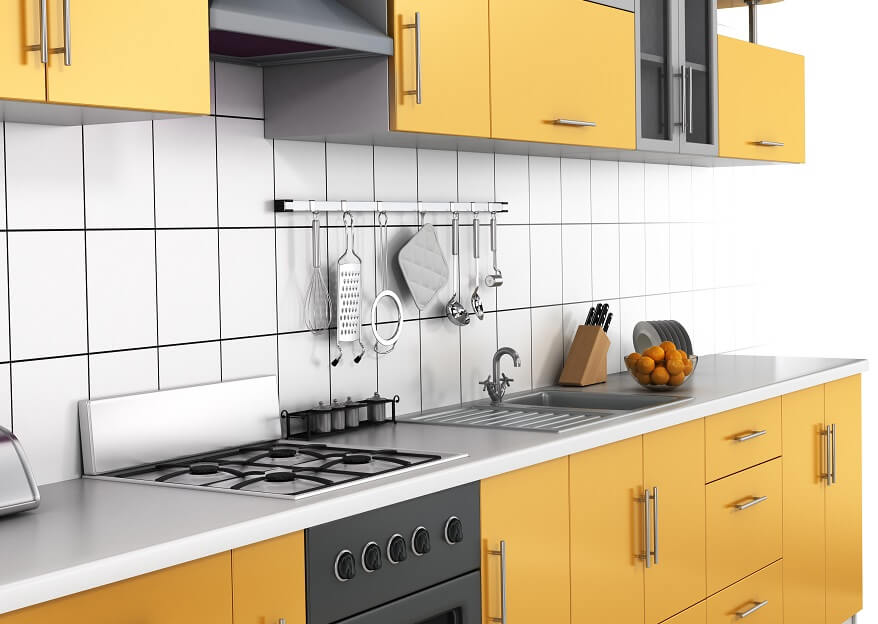
Stainless steel countertops are a staple in commercial kitchens and for good reason. They are resistant to heat, stains, and bacteria, making them incredibly hygienic. Stainless steel surfaces are also easy to clean and maintain, which is why they’re favored by professional chefs.
However, they are prone to scratches and dents, and their industrial look may not appeal to everyone. If you want a modern, minimalist aesthetic and durability is your top priority, stainless steel might be the way to go.
Soapstone countertops are another durable natural stone option. Unlike granite, soapstone has a softer, matte finish that develops a unique patina over time. It is non-porous, making it resistant to stains and bacteria, and it stands up well to heat and moisture. Soapstone can scratch or chip more easily than granite, but these imperfections often blend into their natural character. If you value a low-maintenance material with a softer, more rustic appeal, soapstone is worth considering.
Recycled glass countertops are an eco-friendly option that combines durability with stunning visual appeal. Made from crushed glass set in a resin or cement base, these countertops are not only sustainable but also surprisingly tough. They resist stains and scratches well and can be customized in a variety of colors and designs. While they require regular cleaning to maintain their shine, recycled glass countertops are a great choice for environmentally conscious homeowners who want a unique and durable surface.
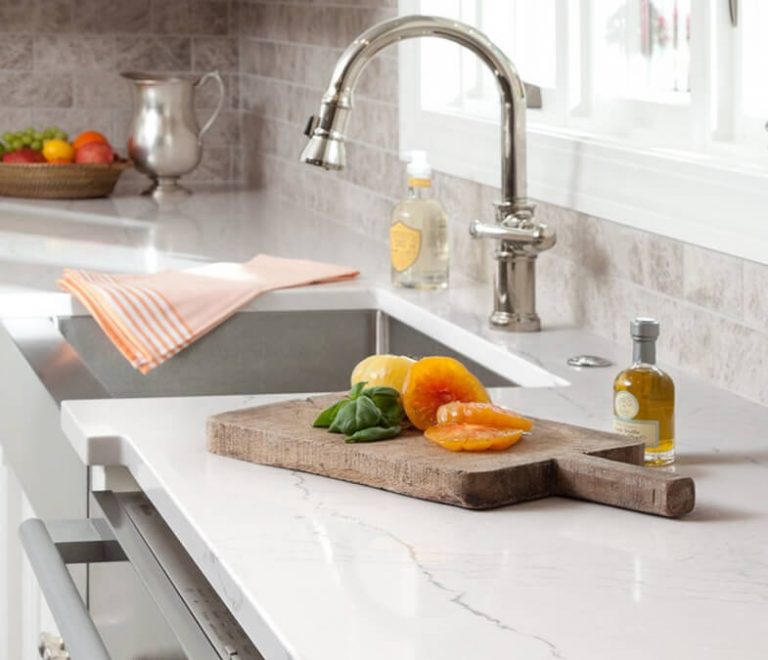
Solid surface countertops, like those made from Corian, are a versatile and durable option. These countertops are non-porous, making them resistant to stains and easy to clean. They can also be repaired if scratched or chipped, as the material can be sanded and buffed to restore its finish.
Solid surface countertops come in a wide range of colors and patterns, and their seamless appearance makes them ideal for integrated sinks. While they are not as heat-resistant as natural stone, their overall durability and low-maintenance appeal make them a strong contender for busy kitchens.
Durability isn’t just about the material; it’s also about the finish and installation quality. Matte finishes tend to hide scratches and smudge better than polished surfaces. Proper installation is crucial to prevent issues like cracking or uneven surfaces. Always hire professionals with experience in the material you’ve chosen to ensure your countertops are installed correctly and securely.
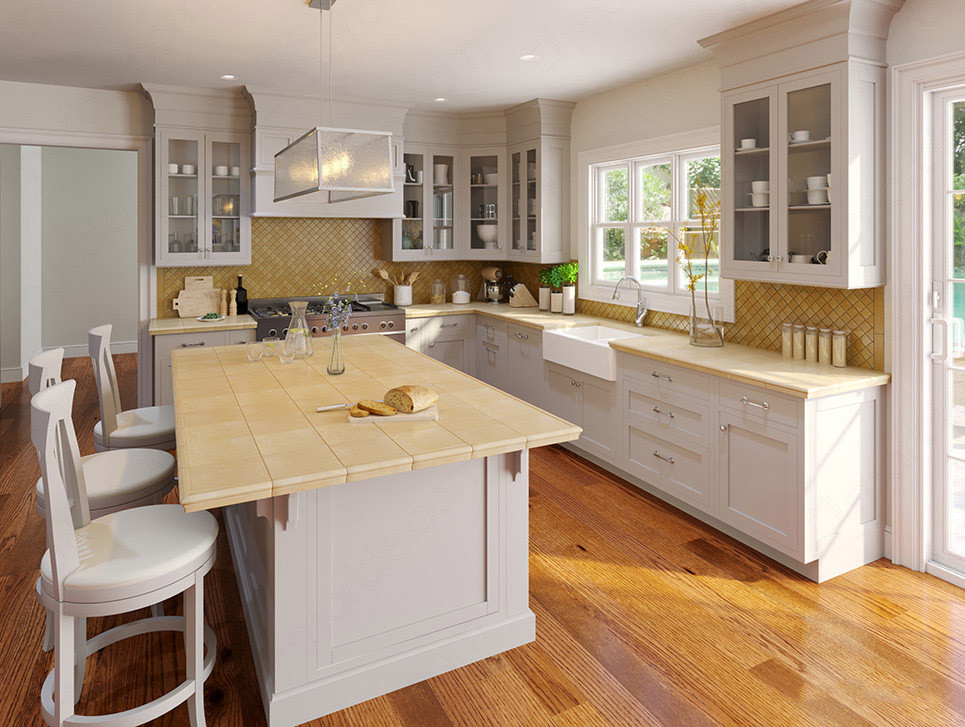
Another key factor in countertop durability is maintenance. Different materials require varying levels of care to retain their appearance and functionality. Regular cleaning with the appropriate products and resealing, when needed, can significantly extend the lifespan of your countertops. Ignoring maintenance can lead to problems like staining, cracking, or a dull appearance, which detracts from the beauty and utility of your kitchen.
The right countertop material depends on your personal preferences and lifestyle. If you’re someone who loves to cook and host, prioritize heat and scratch resistance. If you prefer a low-maintenance option, quartz or solid surface materials may be best. Budget constraints are also important to consider, as prices can vary widely between materials. Remember to balance style, durability, and cost to find the perfect fit for your kitchen.
Your choice of countertop material also affects your home’s resale value. High-end materials like granite, quartz, and marble can significantly increase the appeal of your home to potential buyers. On the other hand, affordable options like laminate or butcher block can still enhance your kitchen’s functionality and aesthetics without breaking the bank. Whatever you choose, prioritize quality and durability to ensure your countertops remain a worthwhile investment.
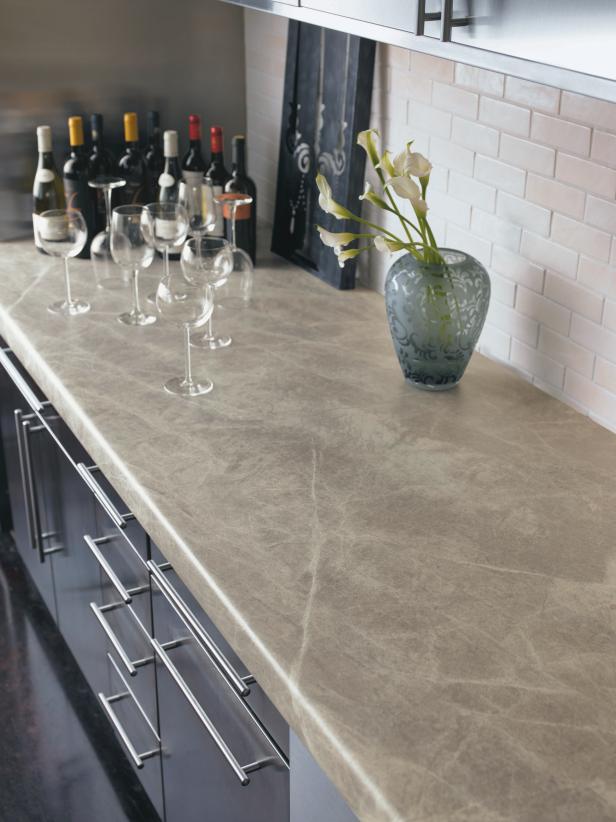
Common Mistakes to Avoid
One common mistake when choosing durable kitchen countertops is overlooking your lifestyle needs. Some homeowners select materials based solely on appearance, only to realize later that the countertop doesn’t suit their cooking habits or maintenance preferences. For instance, marble’s elegance may draw you in, but its susceptibility to stains might not work well in a household with kids. Always consider how your countertop will be used daily.
Another mistake is failing to factor in maintenance requirements. While some materials, like quartz, are low-maintenance, others, such as granite or concrete, require sealing and periodic upkeep. Skipping these essential care routines can lead to premature wear and damage. Make sure you’re fully informed about what it takes to maintain the countertop material you choose.
Choosing the cheapest option can also backfire. While laminate or tile may be budget-friendly, they may not withstand heavy use as well as more durable materials like granite or quartz. It’s important to find a balance between affordability and long-term value. Remember, investing a bit more upfront can save you money on repairs or replacements down the road.
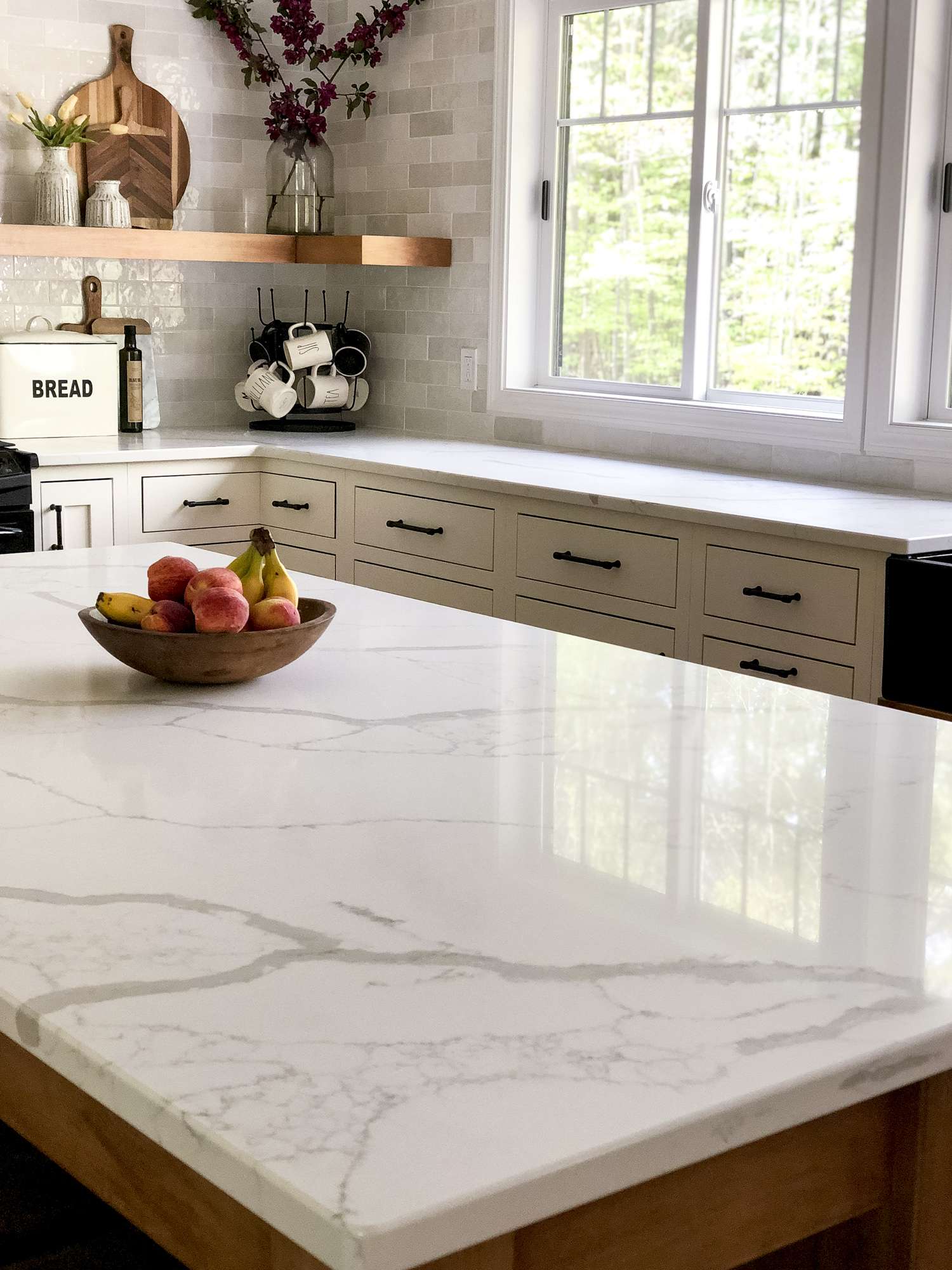
Improper installation is another pitfall. Poorly installed countertops can lead to issues like uneven surfaces, gaps, or weak seams that compromise durability. Always hire a professional with experience in installing your chosen material to ensure the job is done correctly.
Neglecting edge profiles is a subtle yet significant mistake. Rounded edges are less prone to chipping compared to sharp corners, especially in busy kitchens. Discuss edge designs with your installer to choose one that combines functionality and style.
Finally, underestimating the importance of a proper cleaning routine can shorten your countertop’s lifespan. Using harsh chemicals or abrasive cleaners can damage certain materials, while neglecting to clean up spills promptly can lead to stains. Learn about the best cleaning practices for your specific countertop material to keep it looking great for years to come.
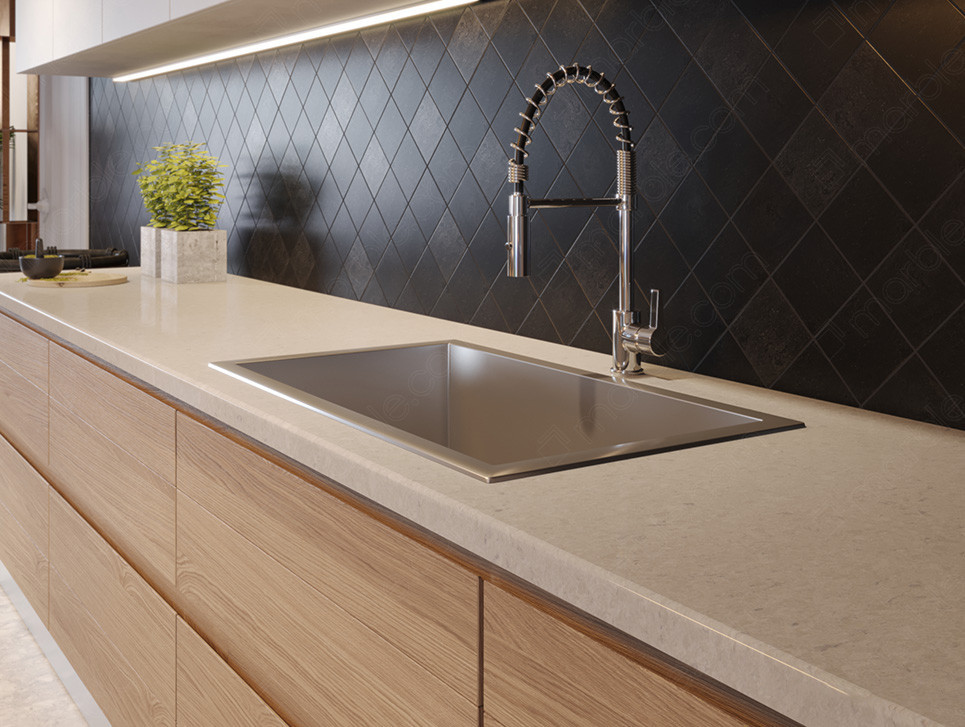
Which kitchen countertop material is the most durable?
Granite and quartz are often considered the most durable materials due to their resistance to heat, scratches, and stains. Granite is a natural stone that offers unparalleled strength, while quartz’s engineered composition adds extra durability and a non-porous surface. Both materials can last for decades with proper care, making them top choices for durability.
How do I maintain my kitchen countertops?
Maintenance depends on the material. Granite requires periodic sealing to prevent stains, while quartz only needs regular cleaning with mild soap and water. For wood surfaces like butcher blocks, periodic oiling is essential to keep the material hydrated and resistant to moisture. Avoid using harsh chemicals or abrasive pads, as they can damage the surface.
Can I place hot pans directly on my countertop?
This depends on the material. Granite and stainless steel are heat-resistant and can handle hot pans, but materials like quartz, laminate, and solid surfaces may discolor or crack under high heat. Always use trivets or hot pads to protect your countertops from damage, regardless of the material.
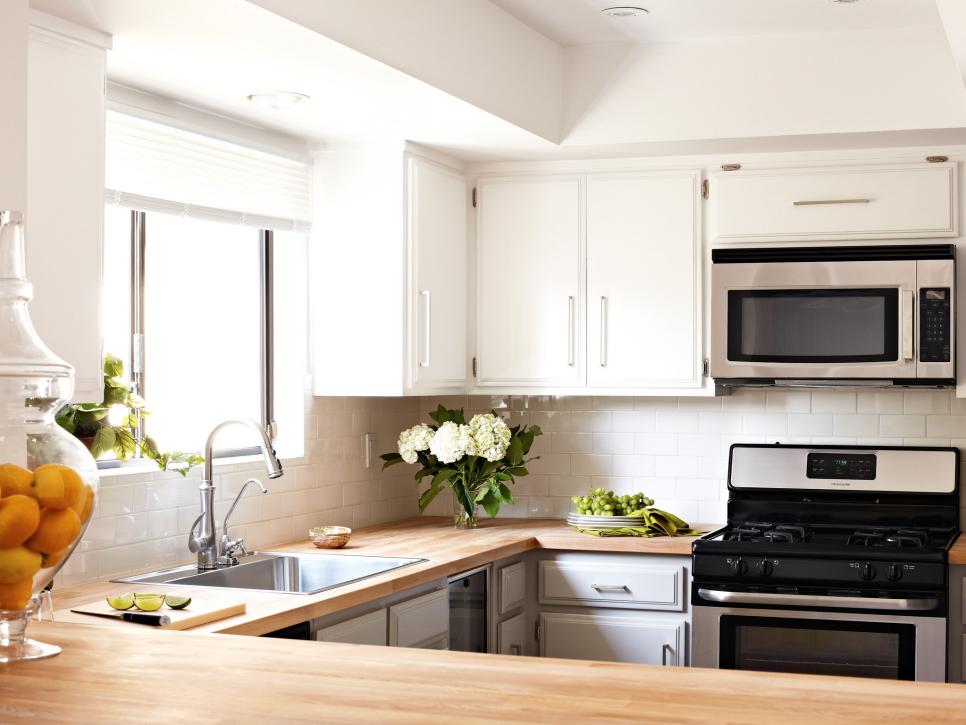
Are marble countertops a good choice for durability?
Marble is durable in terms of structural integrity but is more prone to scratches, stains, and etching than other stones like granite. While it’s a luxurious and beautiful option, it requires regular sealing and cautious use to maintain its appearance. It’s best for areas where heavy cooking isn’t the primary focus.
What is the best countertop for a budget-friendly yet durable kitchen?
Laminate countertops have improved significantly in durability and design, making them a cost-effective option. Butcher block is another affordable choice that, with proper care, can last for many years. Both materials provide functionality and aesthetics at a lower cost compared to natural stones.
How can I tell if my countertop needs resealing?
For porous materials like granite or marble, a simple water test can indicate if resealing is needed. Pour a few drops of water on the surface; if the water seeps into the stone and darkens it, it’s time to reseal. Resealing helps maintain stain resistance and extends the lifespan of your countertops.
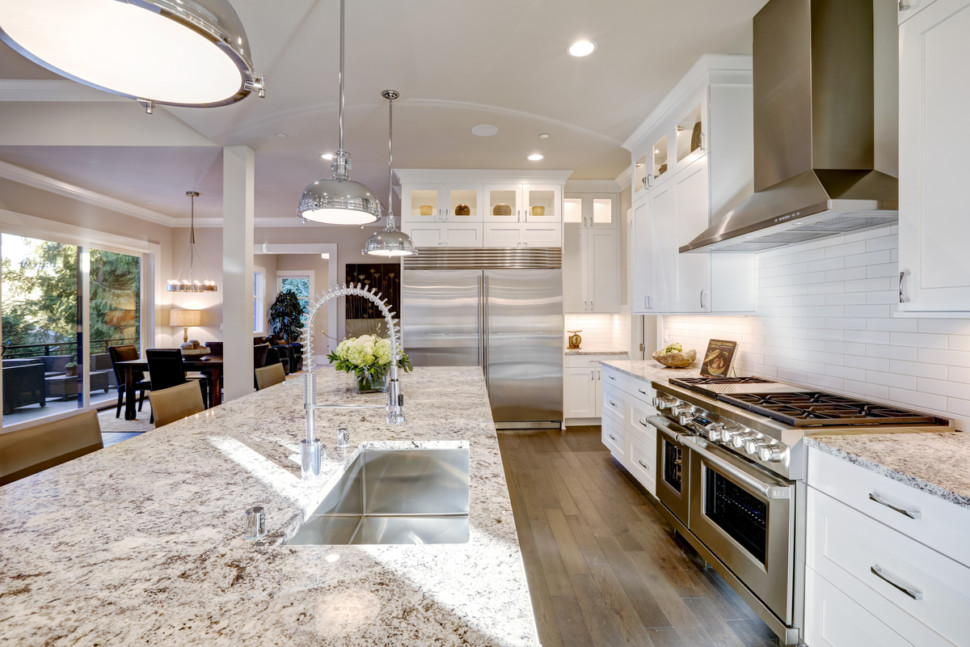
Related articles: